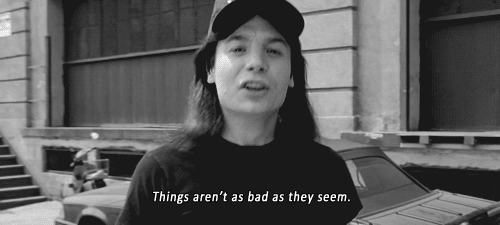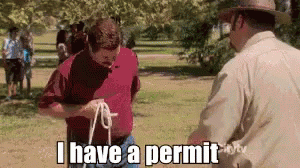It generally happens mostly when we are dealing with decision-makers who aren’t part of the industry. You are correct that the most common context are the license holders.
 ALT
ALTPublishing executives are often less guilty of this than you’d think, they’re actually not so far removed that they lack ideas of what it takes to make a game. They might not know the specifics, but they usually have enough context that explaining things to them isn’t so difficult. Marketing isn’t a big deal either - they often ask for things, but they (typically) cannot force us to do things.
 ALT
ALTIn my experience, the biggest crossover of “don’t understand game dev” and “decision-making powers” that game developers are most commonly exposed to are external license owners and their brand managers. These are people who are usually deep experts on the subject material, have almost no understanding of what makes a game fun, and have supreme veto ability on any decision the dev team makes. This can cause all kinds of disruption on the dev team, primarily from unfeasible requirements (e.g. this game should be open world) and overly harsh restrictions (e.g. no, you can’t use that key supporting character), but can even range to delays because of minute details (e.g. “[the main character] looks too much like an ape!” regarding our 3D scanned actor model). It’s unfortunate, because a bad or extremely picky licensor relationship is like living with a live grenade that might explode at any moment if the dev team cannot secure the license owner’s proper sign-off.
[Join us on Discord] and/or [Support us on Patreon]
Got a burning question you want answered?
- Short questions: Ask a Game Dev on Twitter
- Long questions: Ask a Game Dev on Tumblr
- Frequent Questions: The FAQ